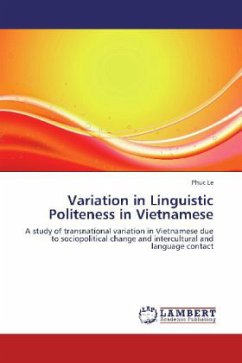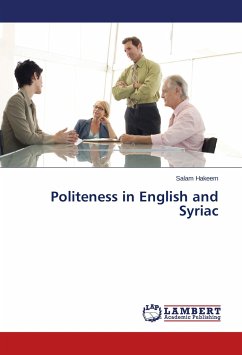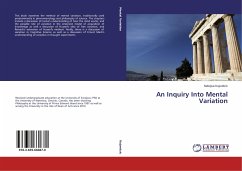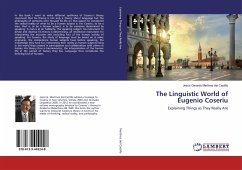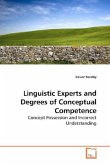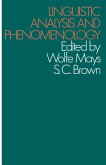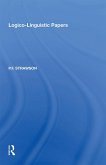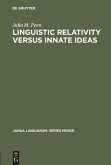This book is based on my doctoral dissertation presented at Victoria University, Australia, in 2011. It is a study on variation in linguistic politeness resulted from social political change and cultural linguistic contacts with focus on Vietnamese speakers. Naturalistic speech data was recorded in everyday public contexts, including shops and markets, where the Vietnamese vernacular is used in Australia and Vietnam. The data corpus for each national context is more than 1000 turns at talk, and was transcribed and analysed in relation to four independent variables: national context, gender, role and generation Through the data analysis, 21 categories of politeness marker are identified, defined and discussed in conjunction with general linguistic politeness theory concerning the interlocutor's "face wants" and two concepts of politeness in Vietnamese: (1) strategic politeness (l ch s ) and (2) respectful politeness (l phép). The main findings emerging from the analysis are that Vietnamese living in Australia are more linguistically polite than those living in Vietnam, using significantly more politeness markers (7 of 10) across 21 categories. Further in-depth exploration reveal
Bitte wählen Sie Ihr Anliegen aus.
Rechnungen
Retourenschein anfordern
Bestellstatus
Storno

